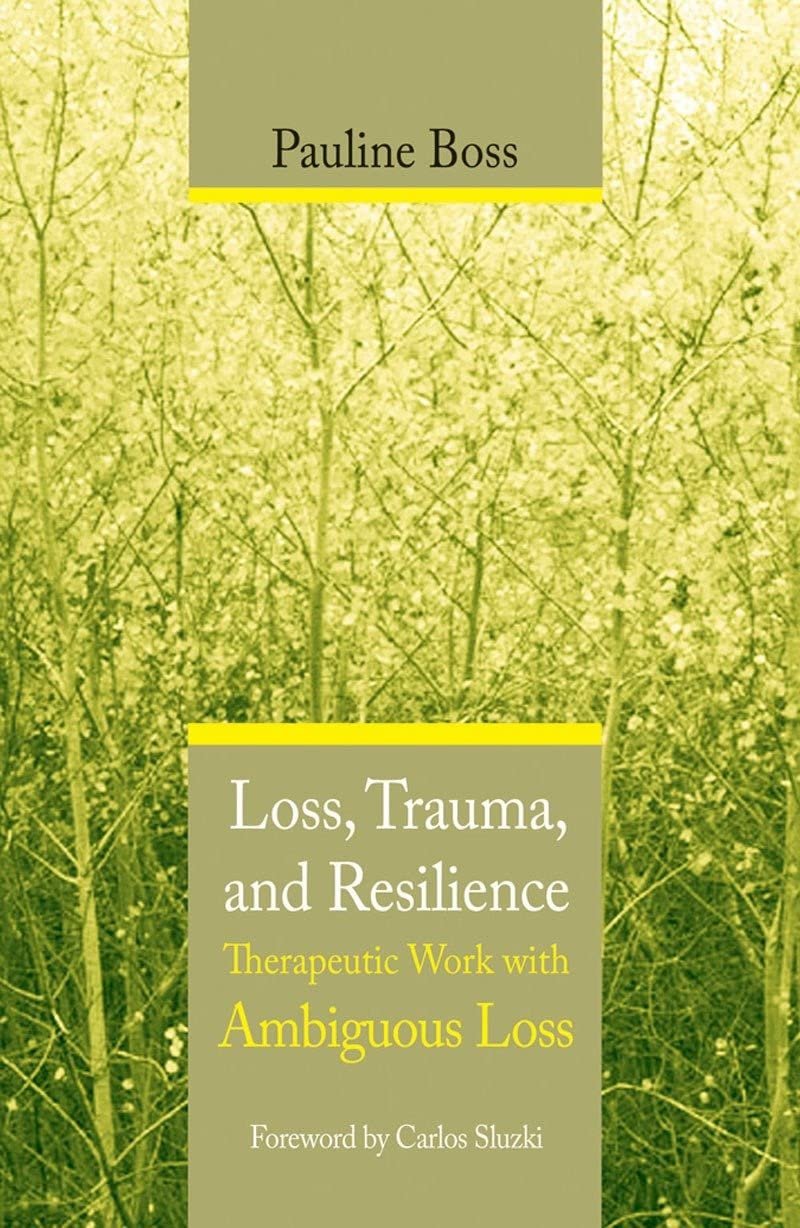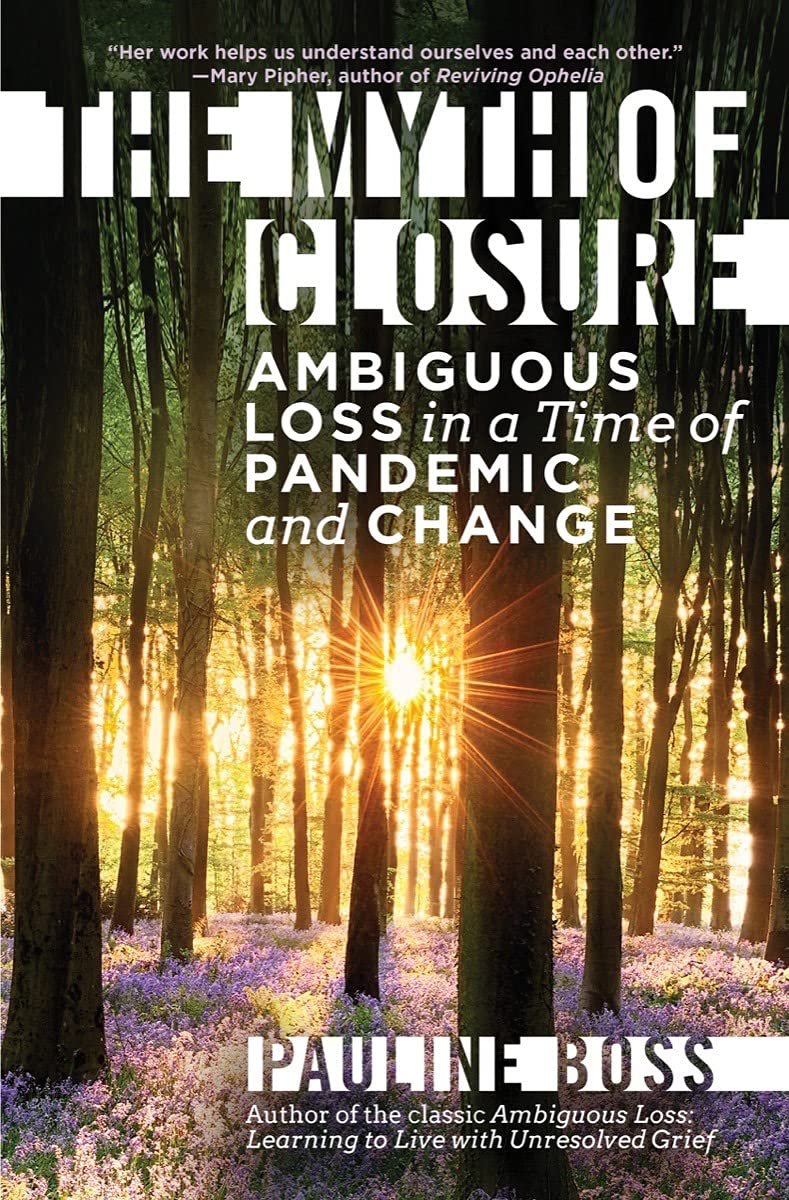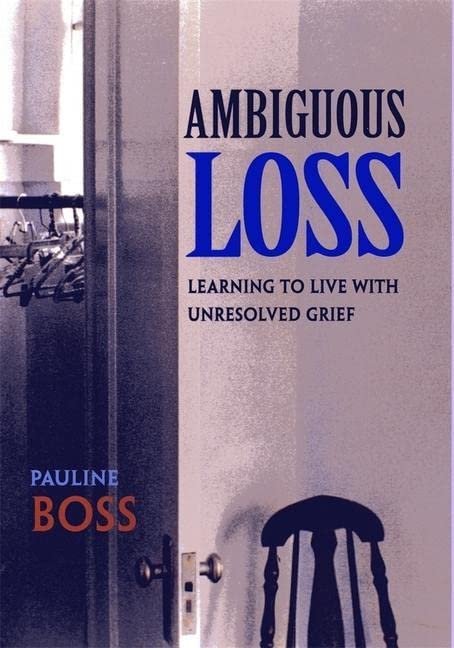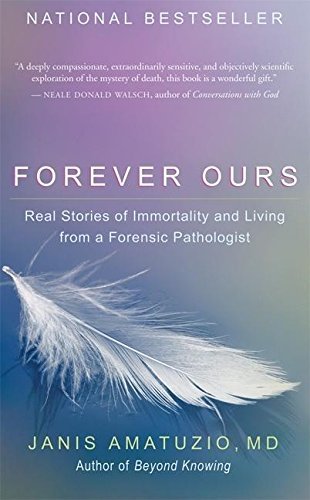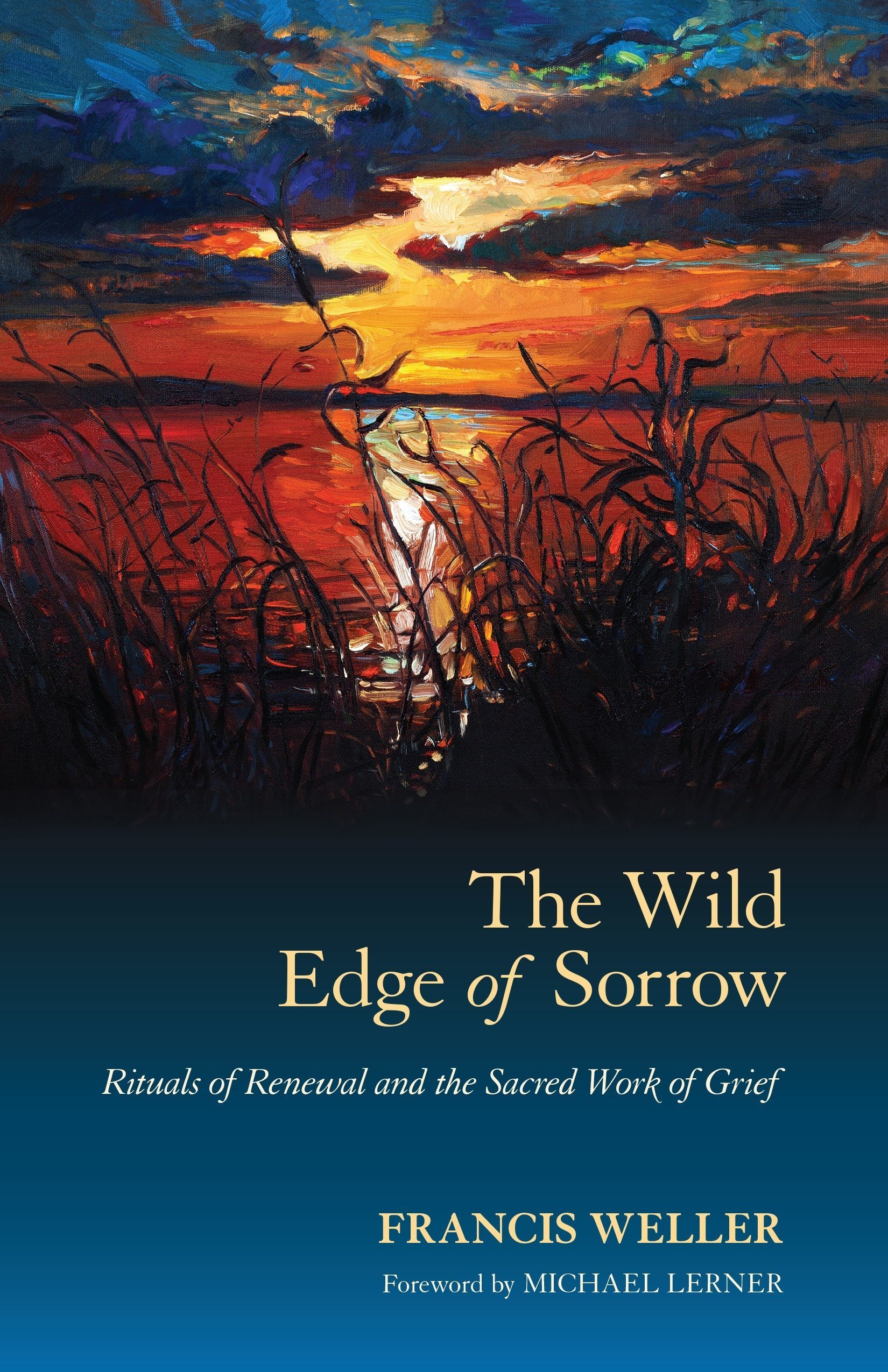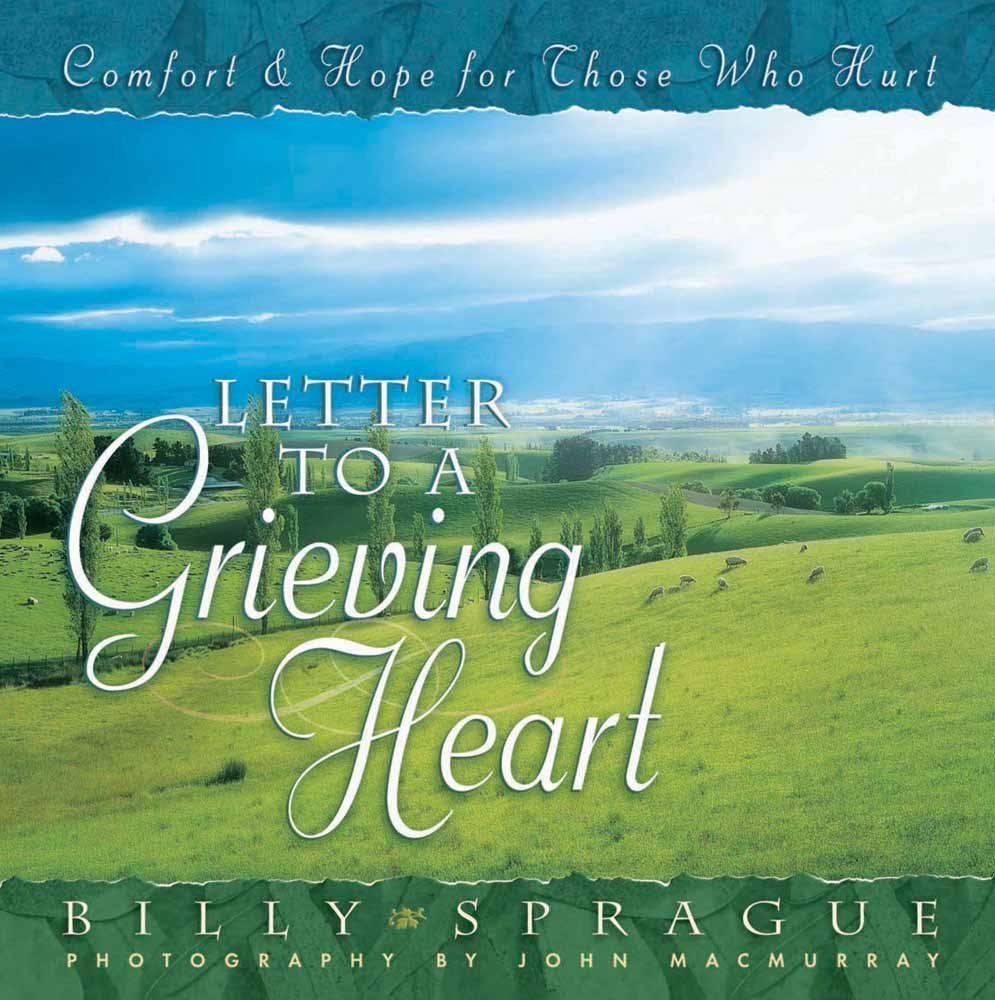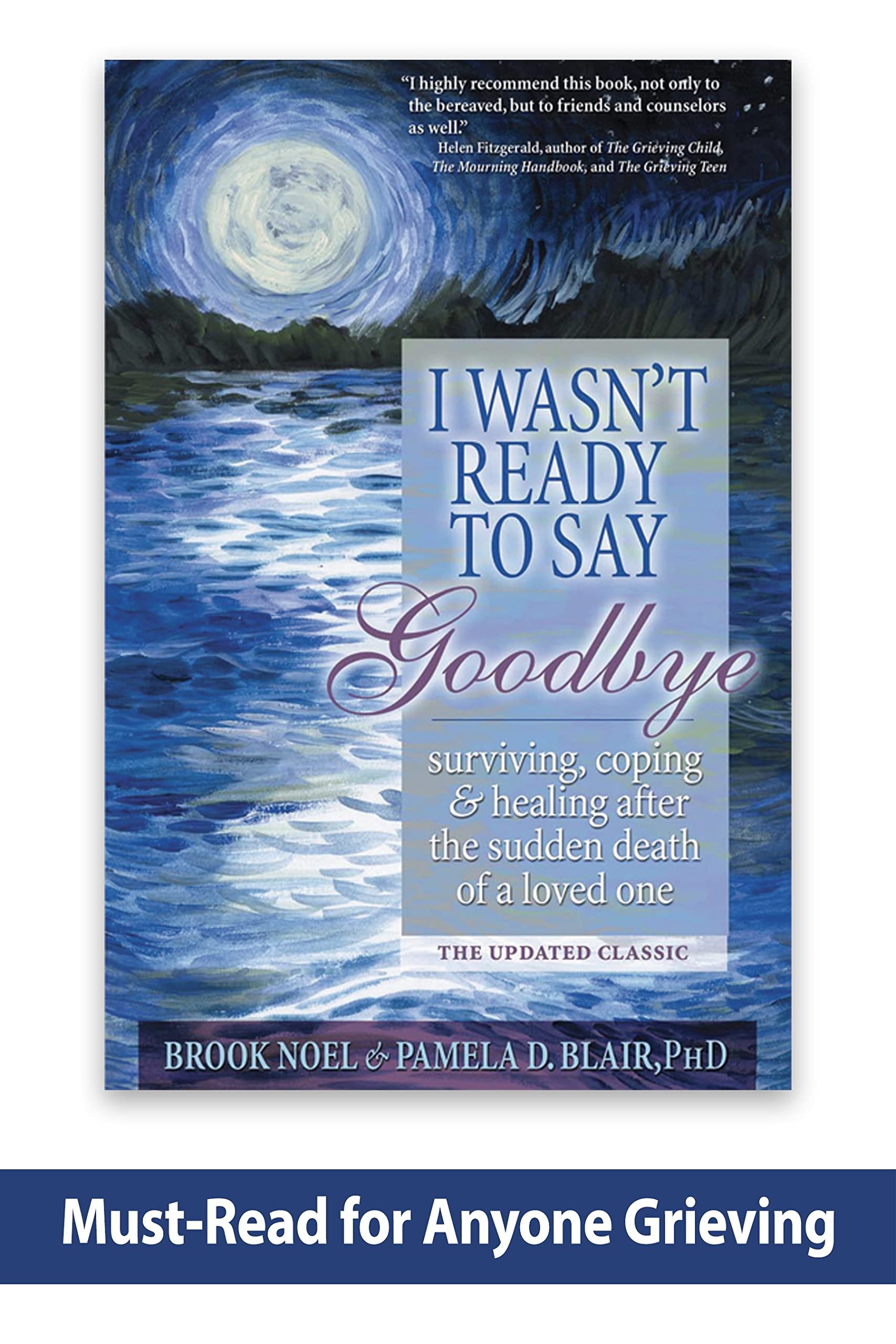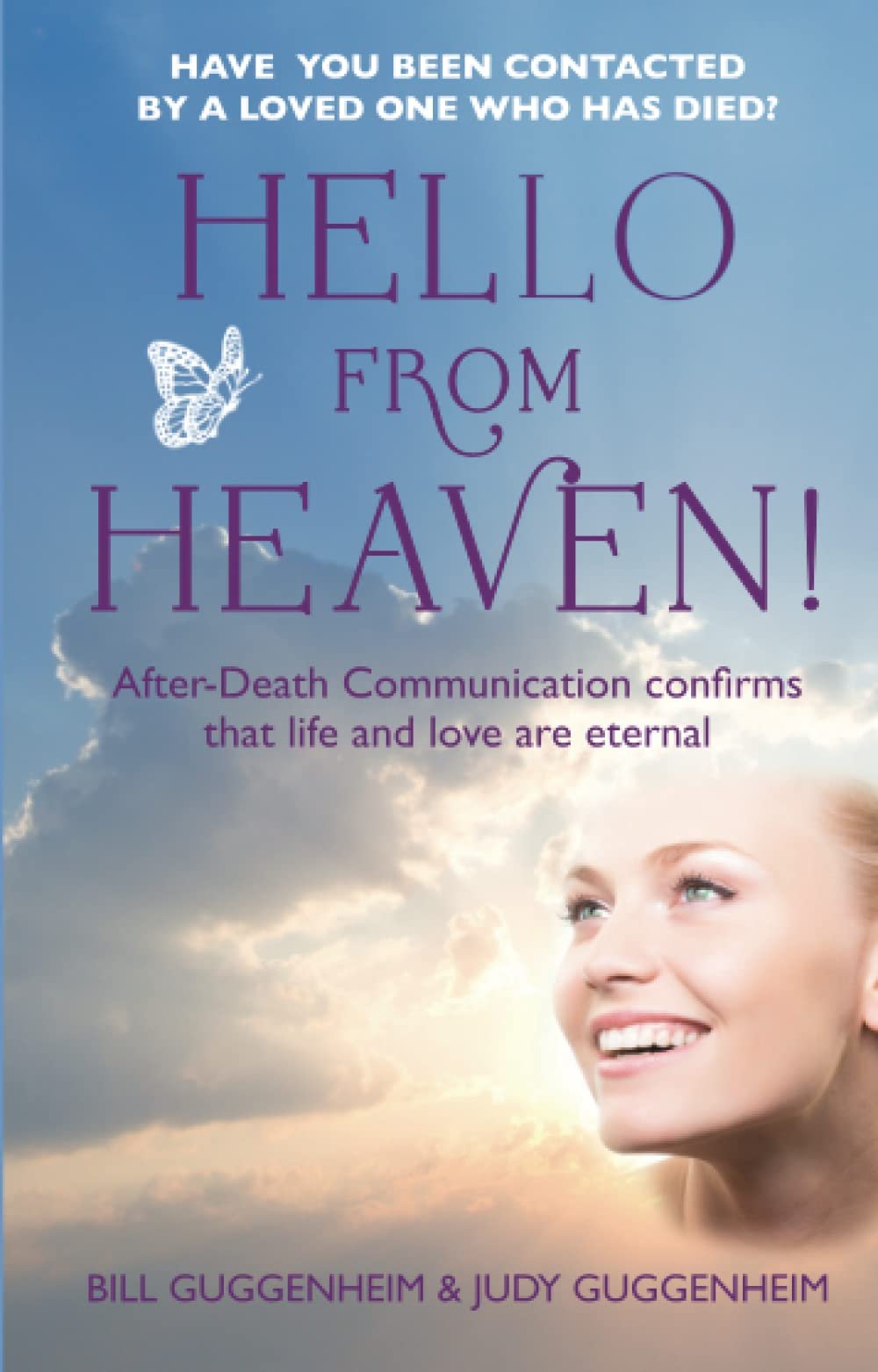Reading List for Grief and Loss
Too often grief and loss are overlooked in our society, yet these experiences are transformational. Grief may arise in response to the loss of a relationship, a dream, good health, a career, a way of life, a betrayal, or the death of a loved one or even a pet. If we can learn to embrace and work with these difficult emotions we can gain the gifts of remembrance, honoring, and release as we move from pain towards healing.
This post contains affiliate links. If you click on one of the links and purchase a product or service, I may receive a small commission at no additional cost to you.
by Dina Bell-Laroche
By Nancy Hooyman, Betty Kramer, Sara Sanders
By Viktor E. Frankl
by Mary-Frances O'Connor
by Rob Delaney
by Chimamanda Ngozi Adichie
by Joan Didion
Pioneer of the field of Ambiguous Loss, Pauline Boss addresses the need to bridge individual models of trauma and post-traumatic stress disorder with those based on relational and resilience approaches. She gives clear guidelines for helping individuals and families cope with ambiguous and difficult situations and identifies new sources of meaning and hope.
The COVID-19 pandemic has left many of us haunted by feelings of anxiety, despair, and even anger. Pioneering therapist Pauline Boss identifies these vague feelings of distress as caused by ambiguous loss, losses that remain unclear and hard to pin down, and thus have no closure. Collectively the world is grieving as the pandemic continues to change our everyday lives.
This book provides many strategies for coping: encouraging us to increase our tolerance of ambiguity and acknowledging our resilience as we express a normal grief, and still look to the future with hope and possibility.
When a loved one dies, we mourn our loss. We take comfort in the rituals that mark the passing, and we turn to those around us for support. But what happens when there is no closure, when a family member or a friend who may be still alive is lost to us nonetheless? How, for example, does the mother whose soldier son is missing in action, or the family of an Alzheimer's patient who is suffering from severe dementia, deal with the uncertainty surrounding this kind of loss?
Pioneer in the field, Pauline Boss explains that, all too often, those confronted with such ambiguous loss fluctuate between hope and hopelessness. Suffered too long, these emotions can deaden feeling and make it impossible for people to move on with their lives. Yet the central message of this book is that they can move on. Drawing on her research and clinical experience, Boss suggests strategies that can cushion the pain and help families come to terms with their grief. With its message of hope, this eloquent book offers guidance and understanding to those struggling to regain their lives.
Forensic pathologist Janis Amatuzio first began recording the stories told to her by patients, police officers, and other doctors because she felt that no one spoke for the dead. She believed the real experience of death, namely the spiritual and otherworldly experiences of those near death and their loved ones, was ignored by the medical professionals, who thought of death as simply the cessation of breath. She knew there was more. Written by a scientist in approachable, nonjudgmental language for anyone who has lost someone they love, this book offers stories that can't be explained in purely physical terms and hope that reaches far beyond understanding.
by Alan D Wolfelt PhD
——
by Alan D Wolfelt PhD
——
by Sogyal Rinpoche
——
by Francis Weller
——
by Raymond Moody
——
by Billy Sprague
——
by Brook Noel
—
by Bill Guggenheim & Judy Guggenheim
——









